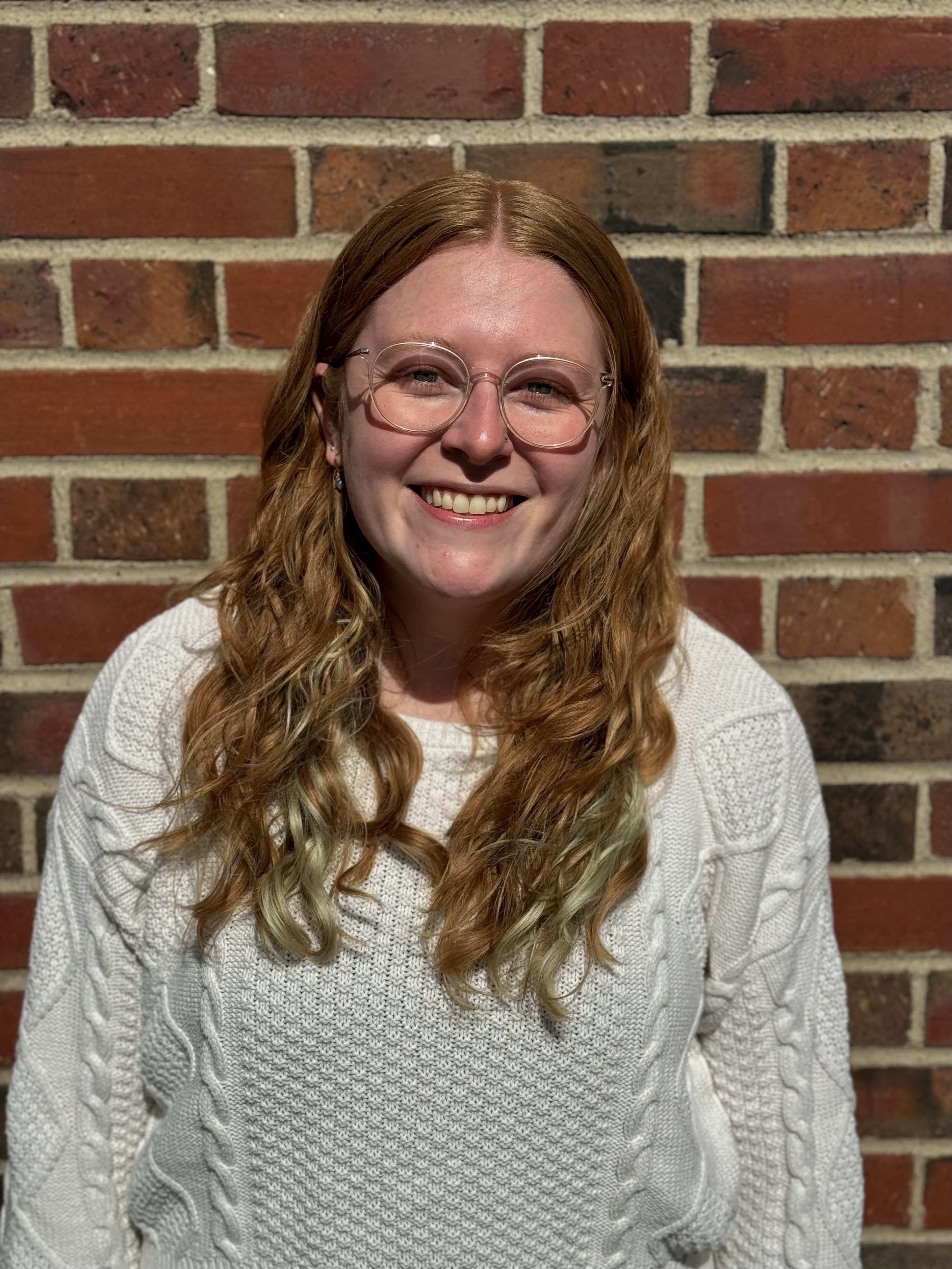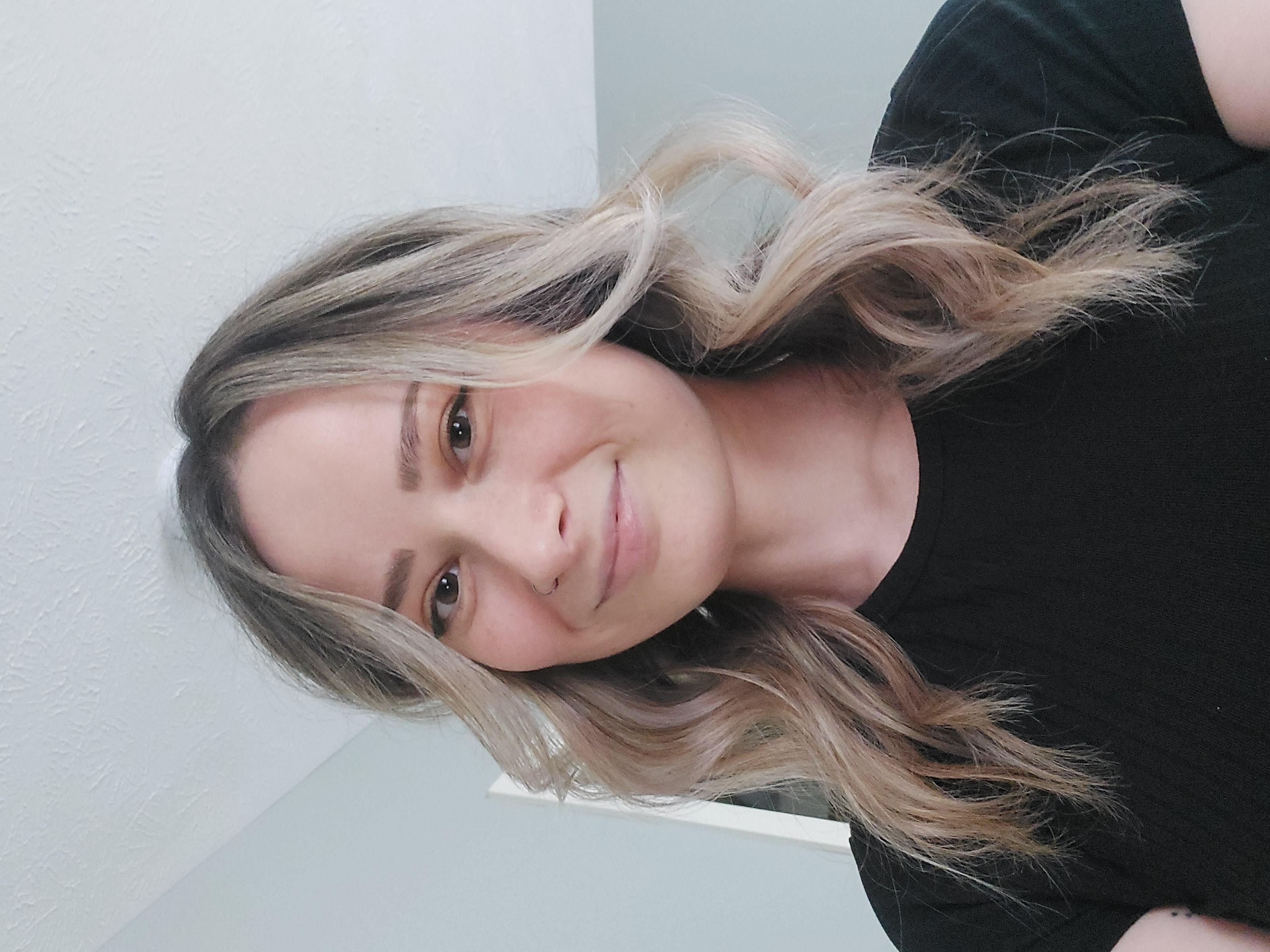Child / Adolescent - Trauma / Maltreatment
(PS6-50) Mixed Methods Examination of Caregiver Satisfaction and Acceptability of Group Treatment Following Child Sexual Abuse

Gina C. May, M.A.
Graduate Student
University of Nebraska-Lincoln
Lincoln, Nebraska, United States- MW
Melanie Willis, M.A., M.S. (she/her/hers)
Doctoral Student
University of Nebraska-Lincoln
Lincoln, Nebraska, United States - AM
Akemi E. Mii, Ph.D.
Postdoctoral Fellow
University of California San Francisco
San Francisco, California, United States 
Hannah M. Coffey, M.A.
Graduate Student
University of Nebraska-Lincoln
Lincoln, Nebraska, United States
Brittany S. Erskine, M.A.
Graduate Student
University of Nebraska-Lincoln
Lincoln, Nebraska, United States.jpg)
Niko Vehabovic, B.A., M.A.
Graduate Student
University of Nebraska-Lincoln
Lincoln, Nebraska, United States- TP
Taylyn Petsche, B.A.
Undergraduate Research Assistant
University of Nebraska-Lincoln
Lincoln, Nebraska, United States - KS
Katherine Sydik, B.A.
Undergraduate Student
University of Nebraska-Lincoln
Lincoln, Nebraska, United States - EH
Emily G. Hall, B.A.
Undergraduate Student
University of Nebraska-Lincoln
Lincoln, Nebraska, United States - DD
Darian Draft, B.A.
Undergraduate Research Assistant
University of Nebraska-Lincoln
Lincoln, Nebraska, United States - MF
Mary Fran Flood, Ph.D.
Faculty
University of Nebraska-Lincoln
Lincoln, Nebraska, United States - DH
David J. Hansen, Ph.D.
Professor
University of Nebraska-Lincoln
Lincoln, Nebraska, United States
Author(s)
Co-Author(s)
Short- and long-term negative sequelae of child sexual abuse (CSA) have been extensively documented. Intervention efforts targeting youth and their non-offending caregivers following CSA can address youth mental health concerns, improve caregivers’ capacity to cope with their own stress and mental health difficulties, and strengthen caregivers’ abilities to support their children (e.g., Mannarino & Cohen, 2021; Tavkar & Hansen, 2011). However, there is limited research, especially qualitative research, on intervention effectiveness for non-offending caregivers (e.g., St-Amand et al., 2021). Thus, understanding how to meet the needs of youth who experience CSA as well as their caregivers through evidence-based, accessible services is critical.
Project SAFE (Sexual Abuse Family Education) is a clinical, research, and training program for youth who have experienced CSA and non-offending caregivers, developed in collaboration with a local Child Advocacy Center. Project SAFE services are delivered in the community and are adapted and revised to meet community needs. Project SAFE group program is a 12-session, cognitive-behavioral group delivered to youth and caregivers in parallel (e.g., psychoeducation, coping skills, advocacy), with an emphasis in the caregiver group to build skills to support their children. Research on Project SAFE (e.g., Hubel et al., 2014) has demonstrated positive benefits for youth and their families, including an impact on caregiver factors (e.g., parenting confidence, parental expectations for their children). Importantly, families have also rated the program favorably.
The current study is a mixed-method approach to examine treatment acceptability and satisfaction and amplify caregiver voices. Caregivers complete a 29-item post-treatment evaluation of Project SAFE which broadly measures these constructs quantitatively and qualitatively. Preliminary analyses include 43 caregivers who participated in Project SAFE between 2013 and 2019, with a mean age of 40 (SD = 7.6), including 92% female, 80% white, 82% biological parents. Preliminary quantitative and qualitative results complement each other and show high caregiver satisfaction following Project SAFE. Quantitative analyses revealed a majority of caregivers felt their child, themselves, and their family were much (52.3%) or very much better (25%) since the onset of treatment. Using an inductive approach, core themes that have emerged in preliminary qualitative analyses regarding caregivers’ most liked aspects of group include social support and reduced feelings of isolation and stigma. Additional analyses will inform the utilization of the data to further characterize caregiver feedback about Project SAFE by integrating qualitative and quantitative methods to contextualize the findings.
These preliminary findings suggest that community-based, family- focused services are valuable for families following CSA and underscore the importance of caregiver support. Implications include further understanding caregiver needs following CSA, highlighting the most valued components of mental health services following CSA, and emphasizing the importance of accessible, community-based services for families.

.png)
